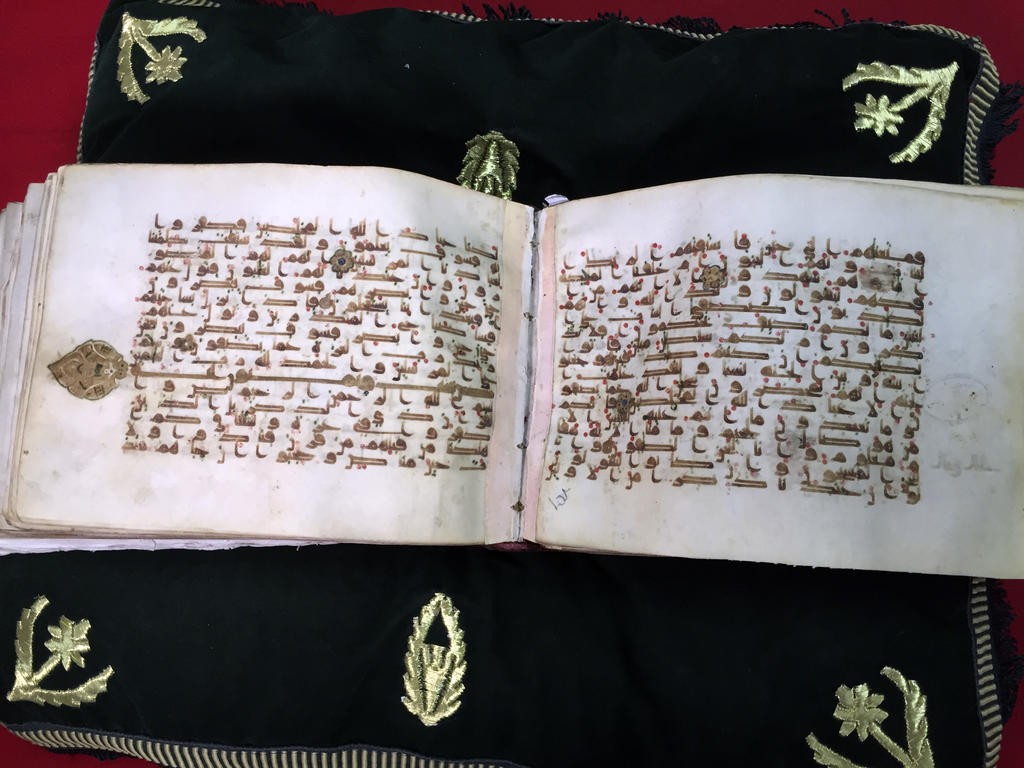Popular Reads
Top Results
Can't find what you're looking for?
View all search resultsPopular Reads
Top Results
Can't find what you're looking for?
View all search resultsPoll: Wide differences in Muslim views on political Islam
Change text size
Gift Premium Articles
to Anyone
A
survey in 10 countries with significant Muslim populations, released Wednesday, found "striking" differences in the extent to which people believe the Quran should influence a nation's laws.
Possible reasons for these differences include a nation's history and religious composition as well as personal factors such as intensity of religious observance, age and level of education, said the Pew Research Center, which conducted the survey among more than 10,000 Muslims and non-Muslims a year ago. Error margins ranged from 3.4 to 4.3 percentage points.
The poll found that half or more of the respondents in four countries — Pakistan, the Palestinian territories, Jordan and Malaysia — said laws should strictly follow the Muslim holy book. Pakistan, a declared Islamic republic, scored highest, with 78 percent supporting the statement. In Turkey, also overwhelmingly Muslim but founded as a secular country, only 13 percent agreed.
In Turkey and Lebanon, younger respondents were less likely to say the Quran should be the source of laws than older ones.
In Nigeria, Turkey, Burkina Faso, Indonesia, Lebanon and Senegal, people with secondary school education were less likely to say national laws should strictly follow the Quran than those with fewer years of schooling.
Non-Muslims were far less likely to support the idea of the Quran as the sole source of legislation than Muslims. For example, in Nigeria — split evenly between Muslims and Christians — 52 percent of Muslims but only 2 percent of the country's Christians agreed with the statement.
In some areas, support for a strict link between laws and the Quran has increased, though the poll did not cite reasons. In the Palestinian territories, for example, backing almost doubled, from 36 percent in 2011 to 65 percent in 2015. In Nigeria, support went up by eight points, to 27 percent.
In Jordan, there was an 18 point decline since 2012, and now 54 percent believe laws should strictly follow the Quran.










